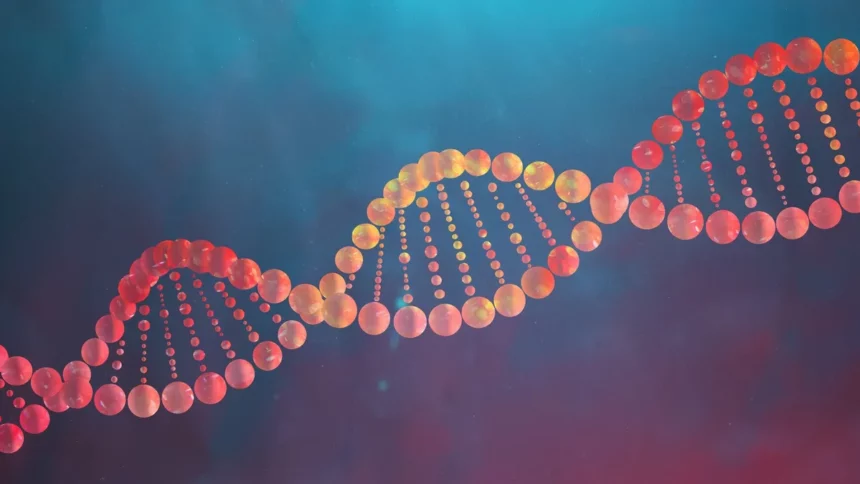More than 40,000 23andMe users and a population of enslaved and free African Americans who lived in Catoctin Furnace, Maryland between 1776 and 1850 have been genetically linked by a population genetics team.
Researchers in this study took into account the best means of communicating the site’s genetic connection to descendants and other relatives. On August 3rd, the team published in the American Journal of Human Genetics their deliberations and the ethical questions they’ve encountered.
Through their genetic research, the team hoped to help community leaders in their quest to locate and encourage the growth of a Catoctin descendant community. In collaboration with the Catoctin Furnace Historical Society and self-identified descendants of the Catoctin Furnace community, archaeologists from the Smithsonian Institution analyzed human remains from an unmarked African American cemetery.
Most participants felt that relevant 23andMe customers should be informed of these genetic findings, but only after receiving appropriate consent from them. The authors acknowledge that learning of a family’s involvement in slavery can be upsetting, so they suggest an opt-in program as a way to give users the final say in whether or not they want to access information about their genetic ties to Catoctin Furnace.
The group also cautions geneticists against “biologically gatekeeping” who is and is not a Catoctin Furnace stakeholder. Any individual’s genetic results should not downplay the importance of their membership in a self-identified community of stakeholders united by cultural and kinship ties.
Many geneticists argue that companies should not be able to profit from ancient genetic datasets tied to living descendants, despite the fact that 23andMe’s genetic dataset is more than an order of magnitude larger than any publicly available genetic dataset and thus was the optimal organization for identifying Catoctin descendants and other relatives. In response, 23andMe and its academic partners at Harvard and the Howard Hughes Medical Institute stipulated that the Catoctin data would be restricted to research purposes only until its eventual release to the public.
Because of their commitment to customer privacy, 23andMe does not provide individual-level genetic data to researchers. This makes it challenging for other researchers to replicate published results. As a solution to this problem, 23andMe has agreed, for a limited time, to rerun genetic comparisons of this study at the request of academic and non-profit researchers.


